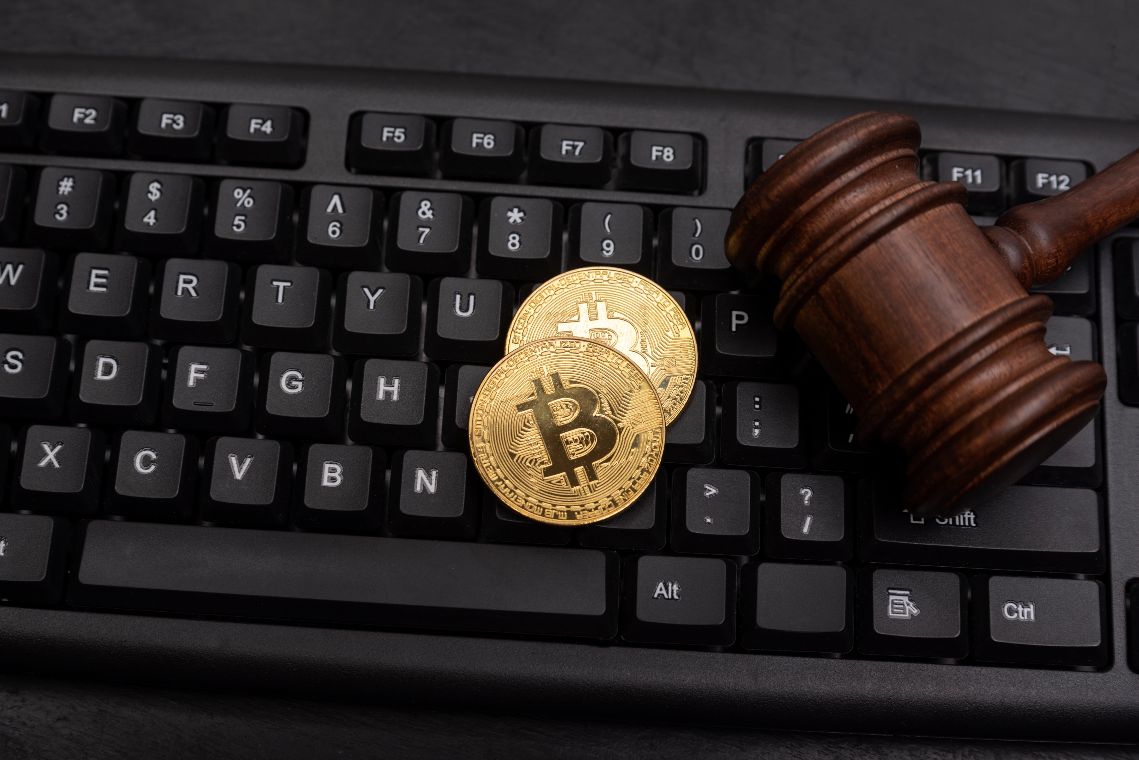In Sweden, the government must return 33 Bitcoins (BTC) worth more than $1.5 million to a drug dealer from whom they were seized for their alleged illicit origin.
The story of the drug dealer and the Bitcoins in Sweden
As the local press states, this is the first case of cryptocurrency seizure in the country. However, the prosecutor in the case, who obtained the takeover of the cryptocurrency, recorded the seized amount in dollars and, due to price fluctuations, the government now has to refund the amount, which turns out to be much higher than the amount recorded at the time of the seizure.
Here then, we can speak of a speculative gain on the part of the delinquent, realized thanks to the preventive seizure of the court precisely. The case could now have repercussions in future cases.
Tove Kullberg, the prosecutor who handled the case, claimed that the entire Bitcoin stash had a criminal origin and managed to seize the cryptocurrency. However, Kullberg used the number of dollars in his case instead of the amount of cryptocurrency. Since then, the price of Bitcoin has risen tremendously, causing the seized value to continue to grow, while the recorded seized amount remained the same.
The man had been caught selling drugs online and accepting Bitcoin payments in return. Kullberg had decided to use the equivalent value of Bitcoin in fiat currency to pursue his case against the drug dealer.
That choice was obviously a mistake, resulting in the court paying $1.5 million to the drug dealer upon his release.
The Growth of Bitcoin’s Price
Due to the fact that the price of Bitcoin was much lower two years ago than it is today, the man’s earnings from drug dealing amounted to about $100,000, or 1.3 million Swedish kronor. The court ruled that this was the amount that should be taken from the drug dealer as compensation for his criminal activities.
But, over time, the price of Bitcoin skyrocketed, and his stash of cryptocurrency grew to a considerable size. So, when the Swedish judicial authority was tasked with auctioning off the drug dealer’s Bitcoins, they only had to sell 3 BTC to get the $100,000 the man would have to pay.
That now allows the dealer to be left with 33 of the original 36 BTC, which are currently worth around $1.5 million, and this amount must be legally returned to its owner.
Lack of expertise in cryptocurrency
The prosecutor admitted his mistake, stating:
“The way I decided to argue the case was quite unfortunate. The lesson to be learned from this incident is that you have to keep the value in Bitcoin. The profit of the crime was 36 BTC, in delivery from the value Bitcoin had at the time. That led to consequences that I was unable to foresee at the time.”
The prosecutor characterized the event as “unfortunate” and showed the consequence of a lack of expertise regarding cryptocurrencies and digital currencies linked to criminal acts.
Additionally, this case could serve as case law for future cases. Kullberg has acknowledged his mistake; he is now advocating for investment in education to prosecute cryptocurrency and digital crimes.
Kullberg also pointed out that as cryptocurrencies are becoming more widely approved, law enforcement agencies would do well to invest in training their staff in cryptocurrency:
“The more we increase the level of knowledge within the organization, the fewer mistakes we will make.”
Sweden and the e-currency
On the other hand, Sweden has long been one of the most advanced nations in terms of digital currencies and payments. A few months ago, a trial of a digital state currency, e-corona, has also begun, which could see the light of day in 2022. On the other hand, in Sweden in 2020, only 10% of payments are made in cash.
The post Sweden must return 33 Bitcoins to a drug dealer appeared first on The Cryptonomist.





















